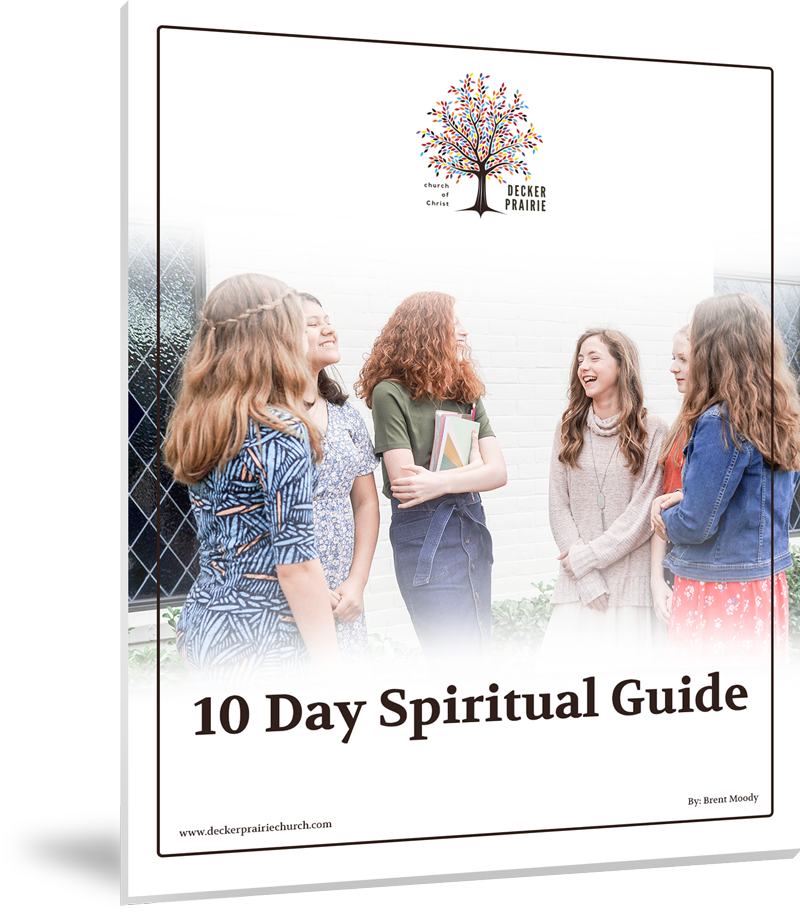The primary theme is one of gratitude and thankfulness for what God has done for us. This psalm begins and ends with the same phrase – His steadfast love endures forever.
He gives two reasons why we should be thankful:
1. He is good
2. His steadfast love is everlasting
The fact that He is good is enough for us to praise Him. His intention toward us is nothing but good. Even if He doesn’t do good to me, He still deserves my praise.
The Hebrew word “chesed” stands for His steadfast love, His covenant love and loyalty and is motivated by kindness. HIs love is everlasting – it is eternal. Eternity can be a hard concept to grasp. We typically chase temporary things – things like money, greed and self.
The NT writers were obviously familiar with this psalm. Portions of it are quoted throughout the NT. It is directly quoted 12 times and alluded to at least 15 times, which makes it the second most quoted chapter in the Bible (Psalm 110 the most).
Psalms 113 -118 are called Egyptian “Halel” and clearly reference the Exodus story. These psalms were read throughout their service as they observed the Passover. It may have even been the psalm – though no Biblical proof exists – that Jesus and His disciples sang after the Last Supper before they went to the Mount of Olives.
Three of the times this psalm is quoted in the NT:
1. Verse 6 – the Lord is on my side, what can man do to me? Quoted in Heb. 13:6. In verse 8 he says Jesus never changes, He is the same yesterday, today and tomorrow. Sounds like eternity.
2. Verse 22 – quoted in the NT by Jesus and also by Peter in Acts 4.
3. Verses 25-26 are quoted in Mark 11 and other places. Recording what the people say as Jesus enters Jerusalem. The Hebrew phrase they shouted means “save us.”
So we can all say – give thanks to the Lord for He is good, His steadfast love endures forever.
Sermon by Matt Schmidt


